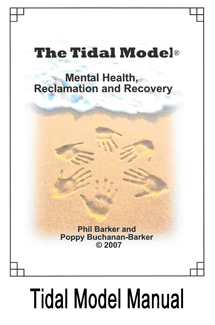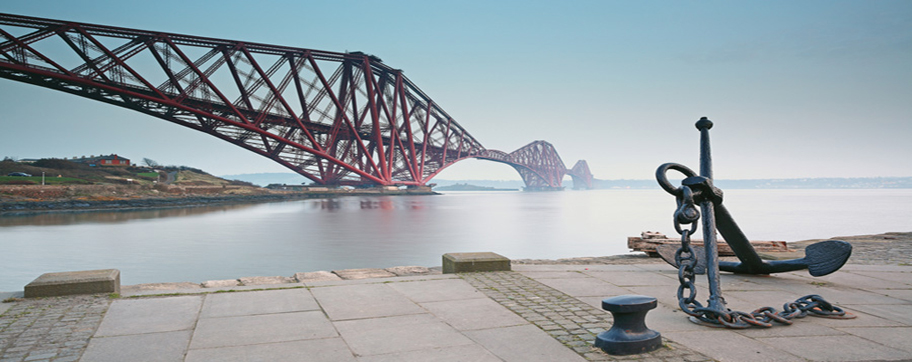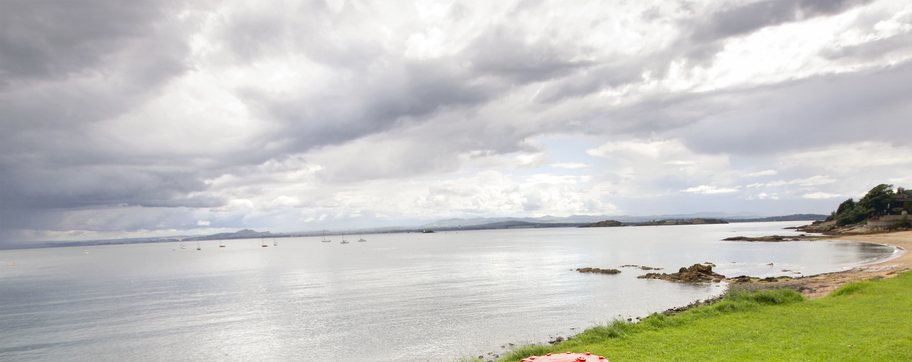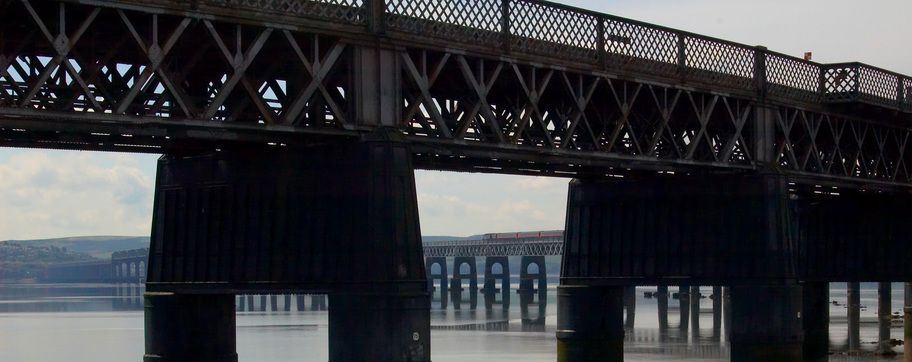The art of the possible
Breakdowns rarely happen overnight.
In the same way, recovery does not happen suddenly - but develops at
the personŌĆÖs own pace, depending on their circumstances.
As a result, we are like people mopping up after a great flood. We know that it will need a lot of effort - from ourselves and perhaps from others. Often, we suspect that nothing will ever be quite the same again.
However, ŌĆśmopping upŌĆÖ is exactly what needs to be done. We are clearing up and rebuilding our lives - that have (almost) been destroyed by the flood. This becomes our most important work. Through this work we reclaim that which is most dear to us - ourselves.
We do what can be done and no more. If we can do that, we may well recover the lives we thought we had lost.
The Human Relationship
Helping people whose lives have been overtaken, however metaphorically, by such a flood, is never easy. The experience of such distressing, disruptive or debilitatinging problems often have effects that stretch far beyond the person's own life. If meaningful help is to be offered then it must be offered honestly and humility.
 Humility
is often in
short supply. The
'professionals' often believe that they have all the answers. They
assume that all 'problems' can be overcome 'simply' by one
'intervention' or another. If only life were that simple.
Humility
is often in
short supply. The
'professionals' often believe that they have all the answers. They
assume that all 'problems' can be overcome 'simply' by one
'intervention' or another. If only life were that simple.
In our research - but mostly in our everyday work - we have found a very different story. We have asked people 'who' made a difference in their lives? What did they 'do' that mattered? What was it 'about that person' which seemed important? Very few people talk about the 'advice' they were given; or how some magical 'therapy' changed their lives. Most people talk about more vague, indistinct aspects of their experience of that person. What they were like; how they acted; how they 'got on' together. They talk about their 'relationship': how one person felt 'understood' by the other; how two people seemed to come together as one.
The importance of the relationship between the 'helper' and the 'person needing help' cannot be overemphasised. This relationship - or rather what goes on within it - is what makes a difference. It is the 'thing' that people will say they 'cannot put a finger on'. This 'thing' that makes a difference is abstract and ephemeral.
Regrettably, too much so-called 'care' involves ticking boxes, filling in charts and completing forms. This may satisfy accountants and administrators but involves the kind of mechanisms that a sophisticated computer some day soon will complete. However important such measuring and charting might be, it does not - cannot - displace the relationship.
We have developed a simple training manual for the Tidal Model. This manual describes how to work with people and their problems of living. It provides examples of the Tidal Model 'in action'. Thousands of people, around the world, have found this manual to be useful as an aid to understanding better the Tidal purpose and process.
This manual is a kind of 'map'. It charts some of the territory of the Tidal Model, but assumes that you already know how to sail a ship; or at least act as a useful crew member. There is no 'magic' within the pages of this manual but it might help you reveal some of the ordinary magic within your own self.
If you already know how to make meaningful relationships with people this manual might help you do that even better. If you do not assume that you know all the answers; this manual might help you help the person to find their own answers.
If you would like a copy of out manual all you need do is ask.
 Send
an email requesting a copy of the
'Tidal Model Manual'
to:
tidalmodel@btinternet.com
Send
an email requesting a copy of the
'Tidal Model Manual'
to:
tidalmodel@btinternet.com






